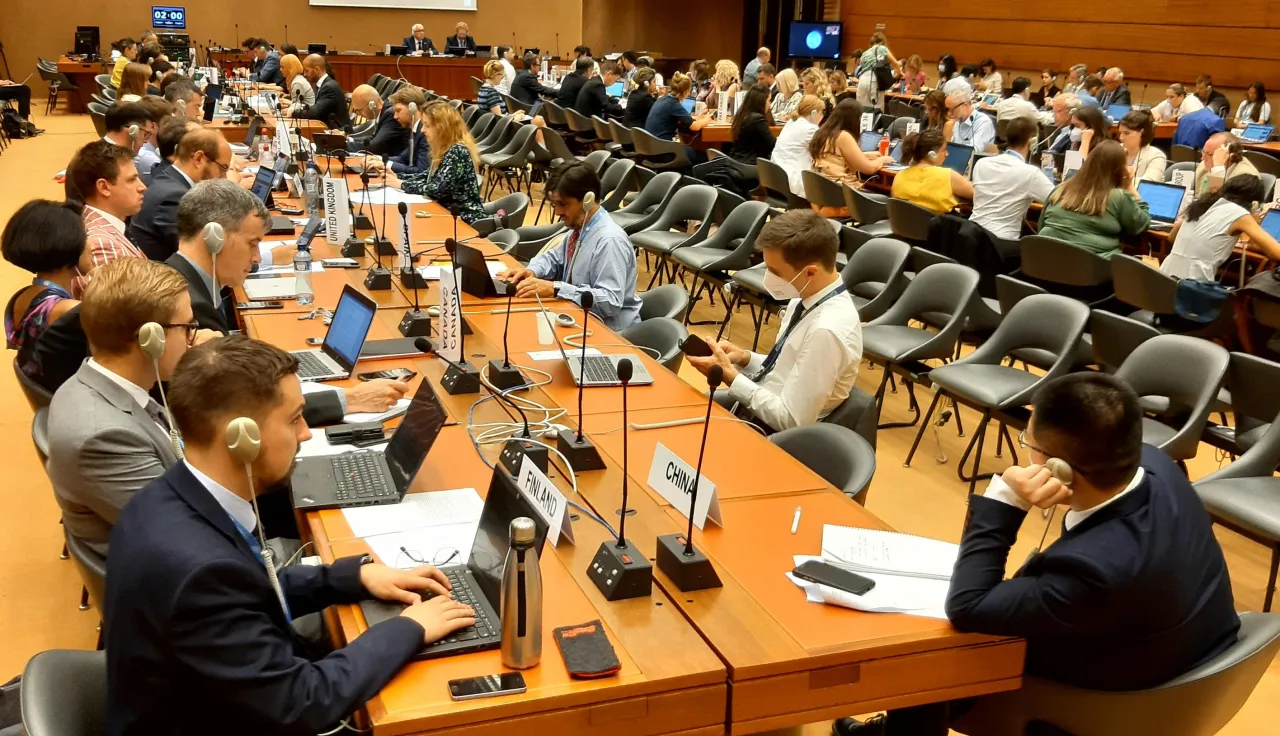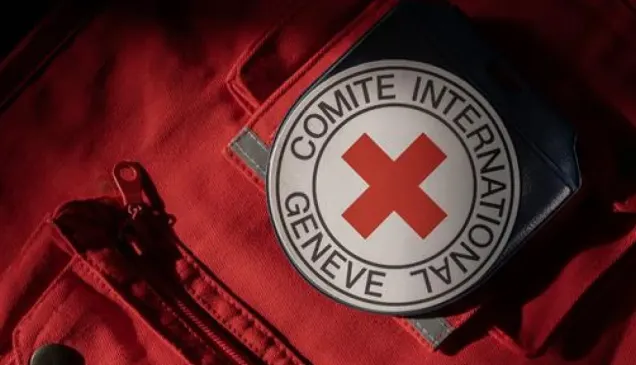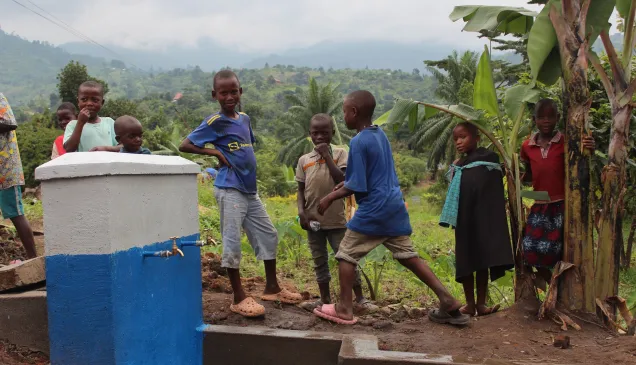Thank you, Mr. Chair.
The ICRC is very pleased to see this hugely important process conclude today with a text we can all be proud of.
The devastating civilian harm caused by the use of heavy explosive weapons in urban areas is one of the gravest humanitarian concerns in today's armed conflicts. Much of this harm depends on human decisions: choice of weapon, choice of tactic, choice of fighting ground, choice of applicable policy, procedures and regulations. These choices must change drastically if we are to see an improvement for the lives of the countless civilians affected by urban warfare.
As the ICRC has said time and again, urgent action is needed to better protect civilians and to ensure respect for international humanitarian law (IHL) when fighting takes place in urban and other populated areas. Critically, as we have done since more than a decade, we continue today and will continue tomorrow to call on all States and all parties to armed conflict, including non-State armed groups, to avoid the use of explosive weapons with a wide impact area in populated areas, due to the significant likelihood of indiscriminate effects.
In this regard, we commend the Declaration for its strong emphasis, in the preamble, on the devastating effects on civilians and civilian objects of the use of explosive weapons in populated areas. The declaration accurately describes the spectrum of such direct and indirect, or reverberating, effects, including death and injuries but also the impact on essential services, on the mental health of civilians and on the environment. We also strongly welcome the Declaration's acknowledgment of the link between the wide area effects of explosive weapons and the increased risk of civilian harm, a point the ICRC had been stressing throughout the process. The commitment to collect, share, and make publicly available data on such effects will provide even further evidence in these regards. In short, the Declaration signals a shared recognition of the scope and gravity of the problem, which will provide impetus for and guide further action.
Mr. Chair,
We also commend the Declaration strong legal section that reaffirms key obligations under IHL and their relevance to the use of explosive weapons in populated areas. That all parties to armed conflicts comply strictly with the principles and rules of IHL is a prerequisite to protect civilian populations against the danger of hostilities, including the danger arising from the use of heavy explosive weapons. This section was the least controversial, and we take it as a strong and welcome sign of consensus among States on the critical importance to respect and ensure respect for IHL in all circumstances, including when fighting in urban area.
Conversely, the operational commitment to be adopted under the Declaration gave rise to far more discussions.
Throughout this process, the ICRC encouraged States to reflect in the Declaration a political commitment to avoid the use of heavy explosive weapons in urban and other populated area. As you all know, in our view heavy explosive weapons should not be used in populated areas unless sufficient mitigation measures are taken to limit their wide area effects and the consequent risk of civilian harm.
We would have hoped to see such a commitment expressly included in the final text, and paragraph 3.3 falls short of that. While using different language, this paragraph nevertheless makes a clear and strong statement that States need to change the way they plan and conduct hostilities in populated areas to protect civilians and civilian objects from harm; and that such a change requires the adoption and implementation of a range of policies and practices to that effect, including restricting or refraining as appropriate from the use of explosive weapons in populated areas. We stand ready to continue providing States with our expertise and experience on the devastating effects of the use of such weapons on civilians and civilian objects and on the policies and practices to effectuate the necessary changes in this respect.
Among others, the commitment to take into account the reasonably foreseeable indirect effects in the planning and execution of attacks has tremendous practical significance and the potential to prevent or at least reduce civilian harm from attacks in many contexts.
The commitment to strengthen international cooperation and assistance in the context of partnered military operations also reflects a key point put forward by the ICRC throughout the consultations.
The humanitarian considerations underpinning the entire Declaration are further exemplified by the commitment to provide assistance to victims and communities affected by armed conflict and to facilitate humanitarian access to those in need.
We are very pleased to see all these important commitments, and many more, in the final text.
Mr. Chair,
Last but not least, the Declaration provides for a solid follow-up process with the participation of the United Nations, the ICRC and civil society, to give effect to the commitments it contains. Meetings foreseen could include the exchange and compilation of good policies and practices. Our milestone report published earlier this year contains many detailed, concrete and practical recommendations on preventative and mitigation measures to be taken by political authorities and armed forces. We trust these recommendations will be helpful in informing States' further efforts in this respect and the identification of appropriate restrictions and restrains on the use of heavy explosive weapons in populated area. We look forward to supporting States in their efforts.
Overall, this Political Declaration represents in our view a significant step towards better protection of civilians and respect for IHL. We call on all States to endorse it and to effectively and faithfully implement it.
Allow me to conclude, Ambassador, by expressing our deep appreciation to Ireland for its steadfast commitment to protect civilians against the harmed caused by heavy explosive weapons; to thank you and your team for the exemplary manner you have conducted this process, despite many challenges; and to congratulate you and all those involved – States, the United Nations and civil society – for this achievement.
Thank you.




